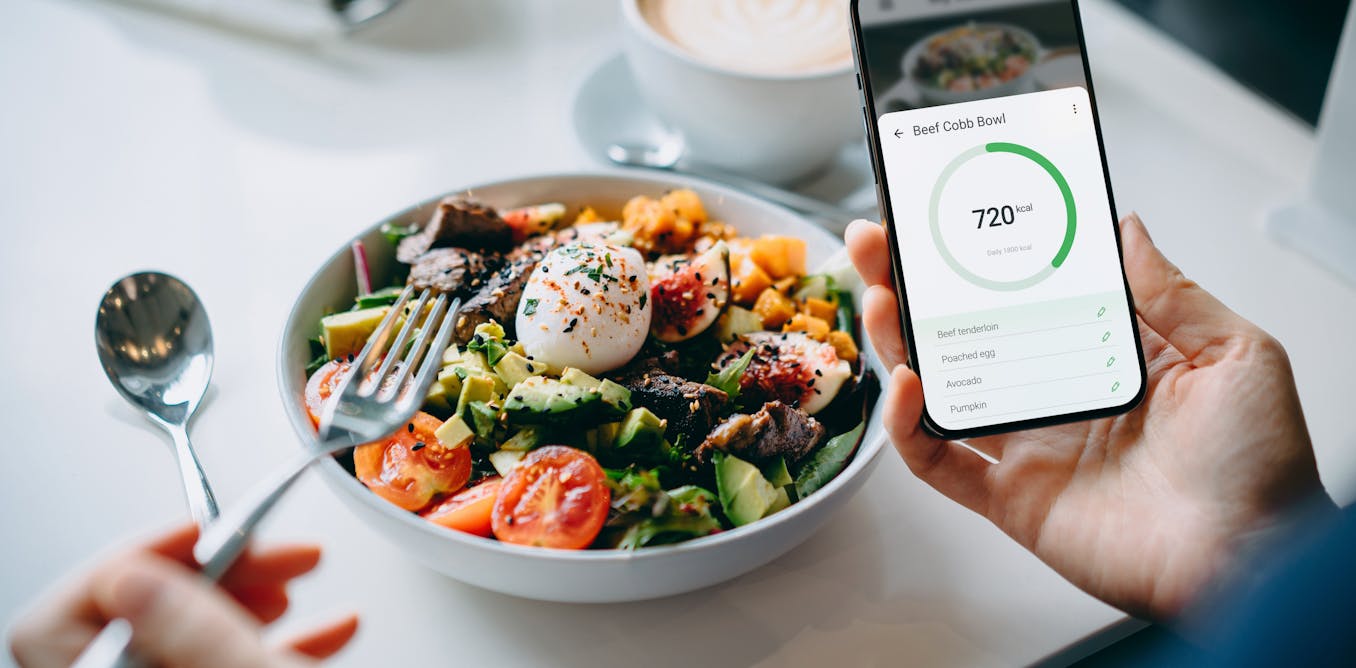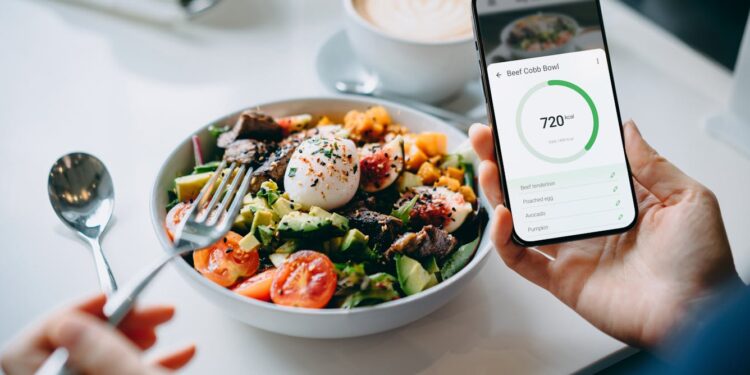
Knowing the calorie content of foods does not help people understand which foods are healthier, according to a study I recently co-authored in the Journal of Retailing. When study participants considered calorie information, they rated unhealthy food as less unhealthy and healthy food as less healthy. They were also less sure in their judgments.
In other words, calorie labeling didn’t help participants judge foods more accurately. It made them second-guess themselves.
Across nine experiments with over 2,000 participants, my colleague and I tested how people use calorie information to evaluate food. For example, participants viewed food items that are generally deemed healthier, such as a salad, or ones that tend to be less healthy, such as a cheeseburger, and were asked to rate how healthy each item was. When people did not consider calorie information, participants correctly saw a big gap between the healthy and unhealthy foods. But when they considered calorie information, those judgments became more moderate.
In another experiment in the study, we found that asking people to estimate the calorie content of food items reduced self-reported confidence in their ability to judge how healthy those foods were − and that drop in confidence is what led them to rate these food items more moderately. We observed this effect for calories but not for other nutrition metrics such as fat or carbohydrates, which consumers tend to view as less familiar.
This pattern repeated across our experiments. Instead of helping people sharpen their evaluations, calorie information seemed to create what researchers call metacognitive uncertainty, or a feeling of “I thought I understood this, but now I’m not so sure.” When people aren’t confident in their understanding, they tend to avoid extreme judgments.
Because people see calorie information so often, they believe they know how to use it effectively. But these findings suggest that the very familiarity of calorie counts can backfire, creating a false sense of understanding that leads to more confusion, not less. My co-author and I call this the illusion of calorie fluency. When people are asked to judge how healthy a food item is based on calorie data, that confidence quickly unravels and their healthiness judgments become less accurate.
Why it matters
These findings have important implications for public health and for the businesses that are investing in calorie transparency. Public health policies assume that providing calorie information will drive more informed choices. But our research suggests that visibility isn’t enough – and that calorie information alone may not help. In some cases, it might even lead people to make less healthy choices.
This does not mean that calorie information should be removed. Rather, it needs to be supported with more context and clarity. One possible approach is pairing calorie numbers with decision aids such as a traffic light indicator or an overall nutrition score, which both exist in some European countries. Alternatively, calorie information about an item could be accompanied by clear reference points explaining how much of a person’s recommended daily calories it contains – though this may be challenging because of how widely daily calorie needs vary.
Our study highlights a broader issue in health communication: Just because information is available doesn’t mean it’s useful. Realizing that calorie information can seem easier to understand than it actually is can help consumers make more informed, confident decisions about what they eat.
What still isn’t known
In our studies, we found that calorie information is especially prone to creating an illusion of understanding. But key questions remain.
For example, researchers don’t yet know how this illusion interacts with the growing use of health and wellness apps, personalized nutrition tools or AI-based food recommendations. Future research could look at whether these tools actually help people feel more sure of their choices – or just make them feel confident without truly understanding the information.
The Research Brief is a short take on interesting academic work.
























